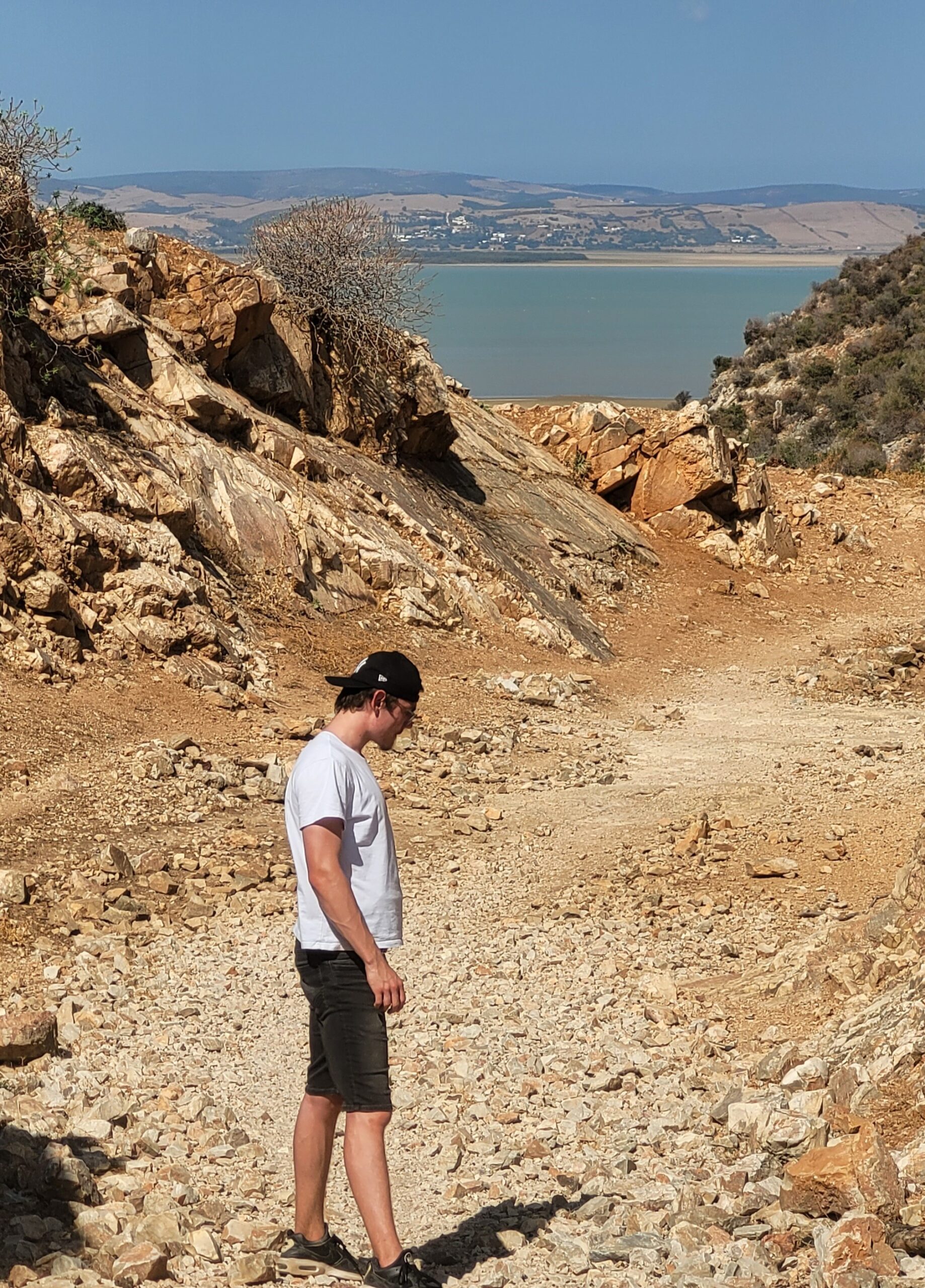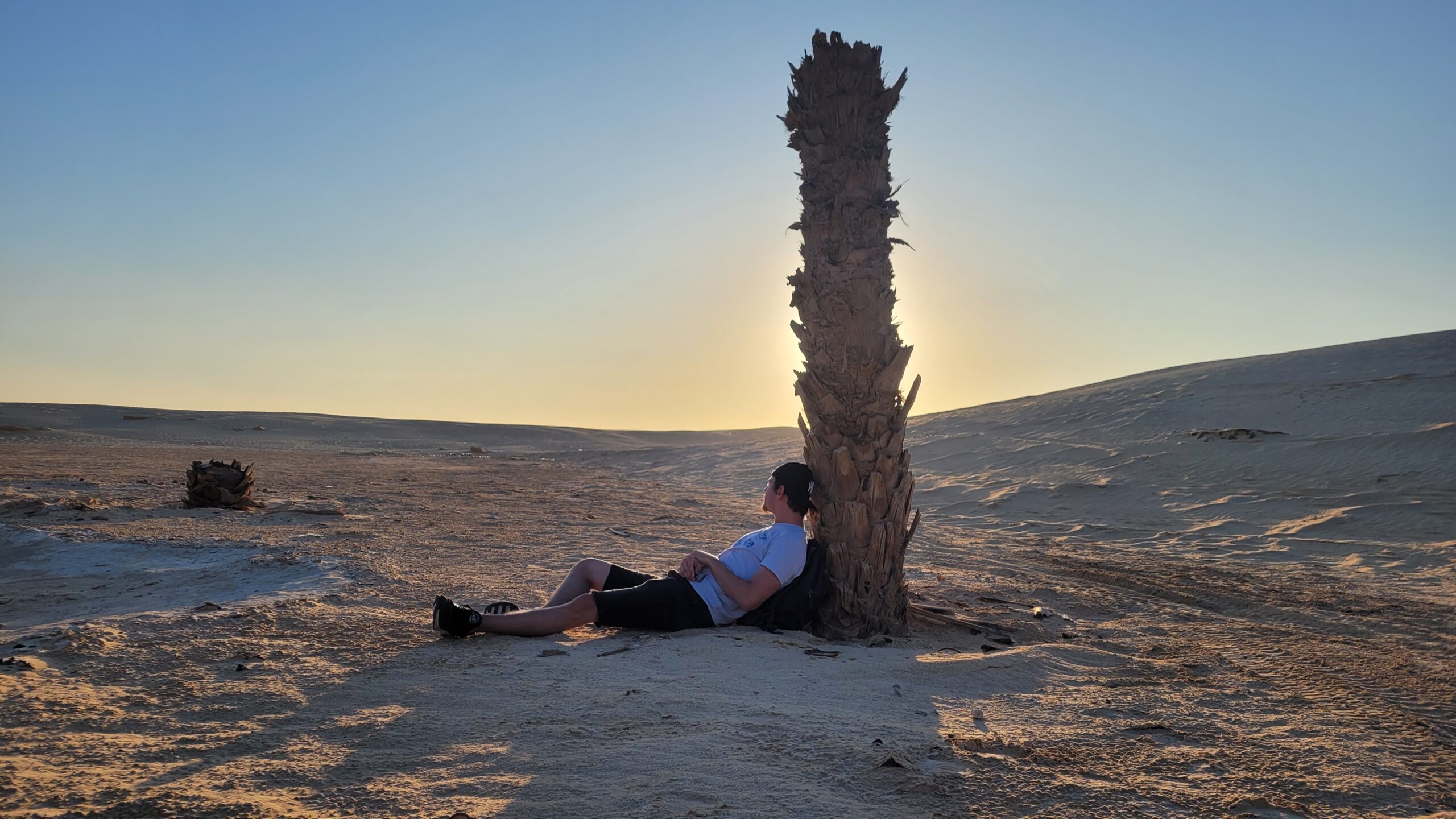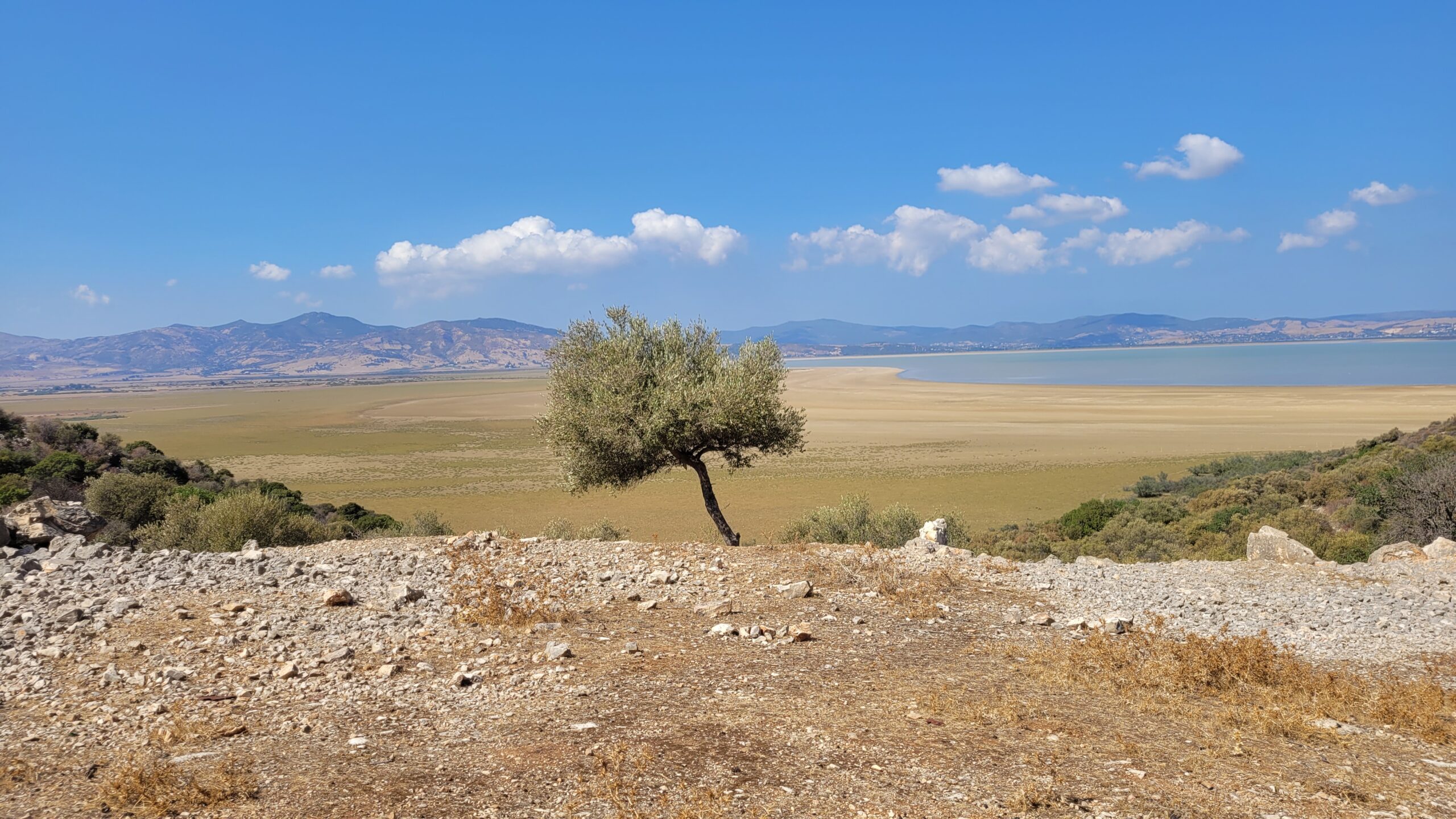Tunisia
Why visit Tunisia?
Tunisia was once one of the most visited countries in Africa, but tourism dropped sharply after the Arab Spring and never fully bounced back. But everything that made Tunisia special is still here even though the crowds are gone.
The country offers a mix of Roman ruins, Mediterranean coastline, forested hills in the north, and the sweeping dunes of the Sahara in the south. Outside of the big cities, Tunisia becomes a backpacker’s dream. The country is affordable, welcoming, and often blissfully empty.In the deep west, regions like El Kef and the forests of Ain Draham offer rugged landscapes, remote Berber villages, and some of the best hiking in North Africa, with barely another traveler in sight.
Quick Country Facts

Capital
Tunis
Currency
Tunisian Dinar (TD)
1€ = 3,4TD
Population
12,2 Million
Languages
Arabic, French
Best time to visit
All Year
Food
Couscous – Steamed semolina with stew
Brik – Fried pastry with egg
Lablabi – Spicy chickpea soup
Safety
Tunisia is generally considered one of the safer destinations in North Africa. The country has a strong tourism infrastructure, and most visits are trouble-free.
Since the Arab Spring in 2011, Tunisia experienced two significant terrorist incidents:
March 2015: A deadly gun and bomb attack on the Bardo National Museum in Tunis killed 22 people, mostly tourists.
June 2015: A suicide bombing on a beach resort near Sousse led to the loss of 38 lives.
A more recent attack in October 2020 targeted the French consulate in Tunis, though it caused fewer casualties. Since 2020, no major terrorist attacks targeting tourists or public places on the scale of those earlier incidents have occurred.
A more in-depth analysis you find in my Blog Post Is Tunisia Safe To Visit In 2025?
Before you go
Visa
Visa free for EU, UK and US citizens, as well as many latin american and asian countries.
Check if you need a visa here.
Getting around Tunisia is fairly easy thanks to an affordable and reliable network of louages (shared minibuses), public buses, and trains connecting most major towns and cities.
Louages depart from dedicated louage stations and follow fixed routes, though they only leave once full. They’re faster and more comfortable than public buses, and widely used by locals and travelers alike.
Each city has its own louage station (also called “gare routière”), usually well-organized with signs or booths indicating different destinations.
For longer journeys, trains are available too—particularly between Tunis, Sousse, Sfax, and Gabès. They’re cheap but not always the fastest option. Buses (operated by SNTRI and others) are also reliable for cross-country routes and can be booked in advance at bus stations.

Transport
Difficulty
Tunisia is together with Morocco one of the easiest countries to travel in North Africa. Many locals speak French and some English, especially in tourist areas. Public transportation is cheap and straightforward, and finding accommodation is rarely a problem. Most hotels and guesthouses can be booked online or found on the spot. Airbnb and Booking.com is widely used.
👉 In my Tunisia Travel Guide, I’ll cover practical tips on where to stay, how to get around, and what to expect when you’re exploring outside the typical tourist zones.
Tunisia is one of the more accessible countries in North Africa, with multiple entry options.
✈️ By Air
The easiest and most common way to enter is by flying into Tunis-Carthage International Airport in the capital. There are also smaller international airports in Sfax, Djerba, and Enfidha, which receive seasonal flights from Europe.
🚗 By Land
You can cross into Tunisia overland from:
Algeria – Several crossings are open with Oum Teboul being the most common one and best for foreigners.
👉 Important Note:Avoid obtaining your Algerian visa in Tunisia! The process there is a nightmare.Libya – The Ras Ajdir border crossing is operational.
Getting in
Budget
Tunisia is a very affordable travel destination, especially for backpackers and budget-conscious travelers.
💸 Accommodation
Tunisia offers a wide range of budget-friendly stays. Dorm beds in hostels start from around €7, while private rooms usually cost between €15 and €40 per night. Although many options are available on Booking.com, Airbnb, and Hostelworld, some of the best budget spots are small guesthouses or local inns that you might find only by arriving in person.
🍽️ Food & Transportation
Both food and transportation in Tunisia are quite affordable. Street food and meals at local cafés, such as couscous or brik, typically cost between €2 and €5. Shared taxis (louages) connecting cities usually range from €3 to €10, depending on the distance.
💶 Estimated Daily Budget
If you stick to budget accommodation and eat like a local, you can comfortably get by on around €25–30 per day.
All Posts

How to visit Tunis in 2025

How to visit Tunisia in 2025
